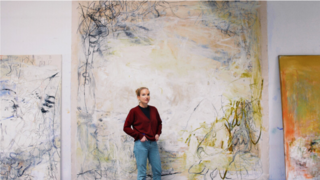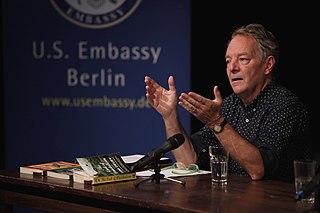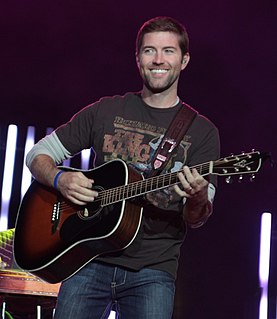A Quote by Edward Hirsch
The mysterious thing about writing poetry is that when you're - when things are going poorly, when you're not thinking well, even making two sentences together is extremely hard and I just can't make the connections.
Related Quotes
Just too much fast thinking all the time. I think of so many things all at once, it gets exhausting. You start seeing all of these connections around you . . . Everything is connected, composed, coordinated, choreographed. If you start paying attention to these connections, it can drive you insane. And that's why making work is so good, because that's when I'm not thinking, just making.
The Baathist state did two things extremely well. One was create information-gathering intelligence networks and a filing system. There's actually a lot of information on a lot of people and that is a major achievement of a police state. The second one is the promotion of literature and poetry, and the arts generally. So this is a state that's producing mass police archives - surveillance - and poetry. And in fact a lot of the archives are about what poets are writing or what they should be writing.
Even though novels were the love of my life, I started off writing poetry. I think because I had a knack for image and lyricism, even though I didn't really have anything to write about, or I didn't know what to write about. I could just couple words together that pleased me and so poetry seemed sort of natural.
I'm finding that writing poetry is strengthening my songwriting, because you're learning to make a piece of writing work on a page with nothing else. I was also finding within poetry I felt a lot more free to write about very different matters, to write about social issues or things that are going on around me.
Shane Salerno and I adapted my book Savages together, and I learned a lot about adaptation. I think it's an extremely difficult thing to do; adaptation might even be more difficult than writing an original screenplay. It's so much a matter of choices, making choices of what to leave in. It was an education.
Just concentrate on the performers. Make sure you get the performers, and that's it. That's all we need to do." And I was thinking, "Well what if you do both? Of course the performance is important, the writing is really important. But what if you could have the perfect marriage of making it look really slick as well?" I think that's kind of what I tried to develop as a style, and Spaced was the first TV show I did where all the elements came together.
In Dogen's writing, the practical instruction, philosophy and poetry are together in one voice. People hear about his poetry, go to his work, and expect to find poetry, or they hear about his philosophy and expect to find philosophy. They look just for practical instruction and find poetry and philosophy. They can't make out the complexity of his writing, become frustrated and let him go.







































